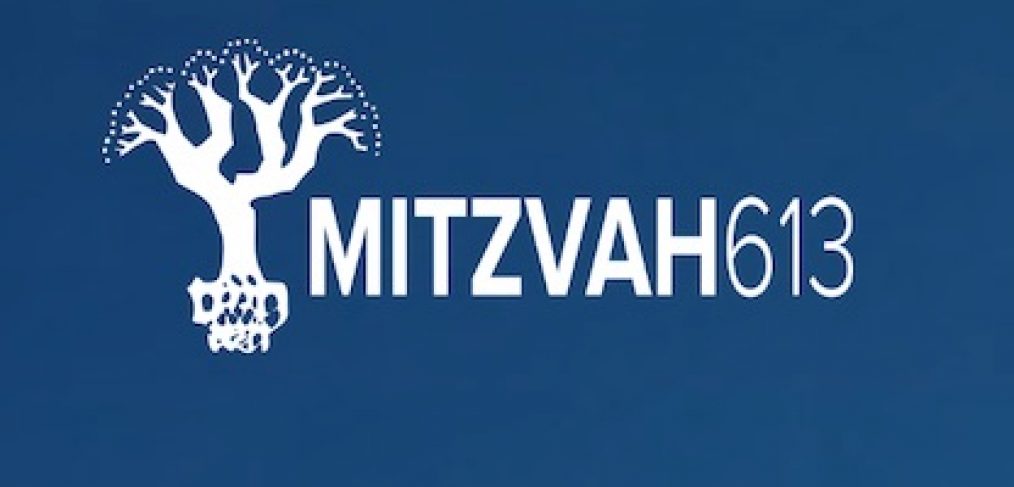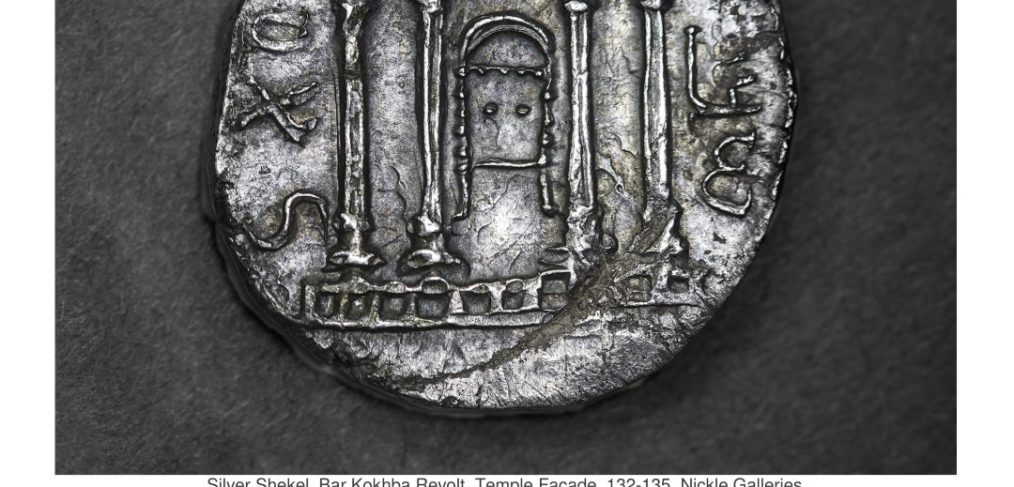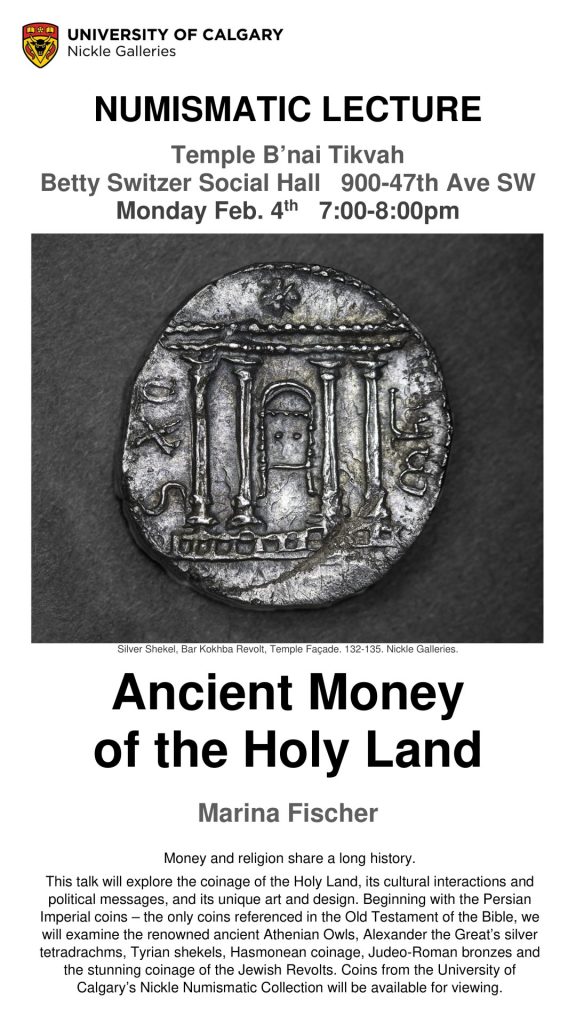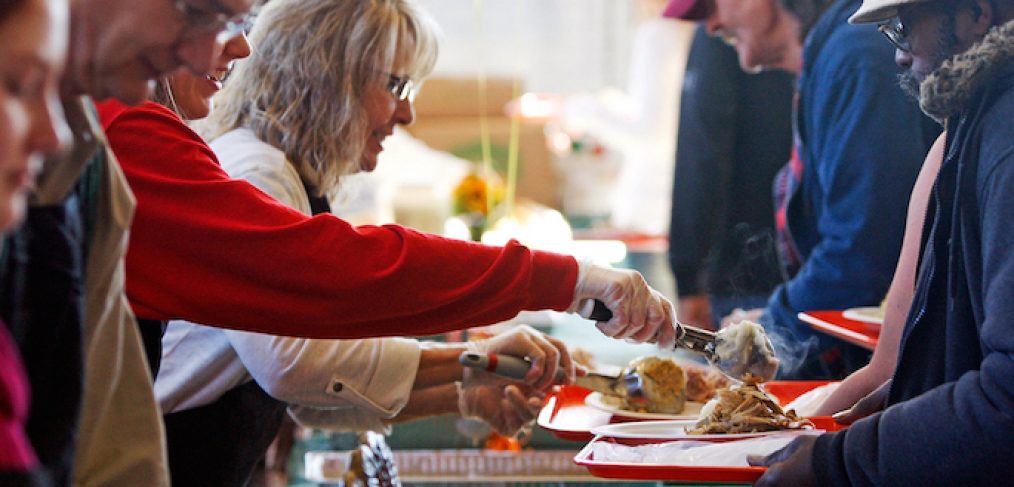Rosh Hashanah Morning Sermon
Temple B’nai Tikvah
5780/2019
Rabbi Mark Glickman
I’d like to tell you about a conversation that happened several months ago just down the hall from here, a few meters from where we now sit. It took place at a Temple board meeting in our library this past spring. The topic at hand was whether to add an option to our Temple membership forms that would allow you to pay five extra dollars to become members of ARZA Canada, the Canadian branch of the Association of Reform Zionists of America.
A long discussion ensued – it was a board meeting, after all – and at times, believe it or not, the discussion became somewhat…spirited. “Of course, we should support our nation’s Reform Zionists,” one board member said. “Israel is besieged these days – sometimes literally, but always politically. Israel needs all the help it can get.” “Well,” said another board member, “I’m not so sure. Does joining ARZA implicitly mean that we support all of Israel’s policies? If so, I’m not so comfortable with it.” “Do we have the right to ask our congregants to stand behind Israel these days?” asked one board member. “We’re Jews. How dare we refrain from it,” replied another.
Then, a board member we’ll call Amy spoke up. “I’m all for Israel,” she said. “I only want the best for it. But ARZA – the Association of Reform Zionists of America – is a Zionist organization,” Amy said, “and to be honest, I’m a little uncomfortable with the word ‘Zionism.’”
Across the room, another board member we’ll call Bob responded with a jolt. “You’re not comfortable calling yourself a Zionist?” Bob asked. “How could you say such a thing? How could any Jew say such a thing these days? Especially after the Holocaust? As Jewish leaders, we need to stand with our people. We should wear the Zionist badge with pride. We need to! I can’t believe that a Jew today could dare not call themselves a Zionist!”
At this point, a wave of tension swept across the room. It was palpable. You could cut it with a cheap plastic oneg-knife.
Sadly, this was far from the first time that Israel has become an item of tension for us Jews. And sadly, this was far from the first time that Israel has become an item of tension for us here at Temple. Other board meetings have become difficult when Israel-based topics have come up, and many of us are scared to even bring it up. Some of you have come into my office to tell me that you feel lonely here because you don’t feel like your fellow congregants are supportive of Israel. Others – many others – have also come into my office and said, “Rabbi, I have to tell you that I’ve become critical of Israel lately, but I don’t dare say anything out loud around here about how I feel – they’ll run me out of the place!”
Talking about Israel these days has become difficult. In fact, for many of us, the very notion of talking about Israel – even and especially within the Jewish community – has become downright scary. And to tell you the truth, it’s even become frightening for us rabbis. I know for a fact that many of my colleagues have become scared to preach about Israel lately for fear that whatever they say is going to get them into trouble with one group or another. I can also tell you that my own computer hard drive overflows with fully written sermons about Israel that I never delivered, and instead simply scrapped, for fear that they’d create more heat than light.
More often than not, speaking about Israel has become like speaking to a large group of people standing on the face of a clock with moving hands. You don’t know what’s going to happen; all you know for certain is that somebody is going to get ticked off!
But the discussion at that board meeting troubled me, and I haven’t been able to stop thinking about it. As a result, today I’m going to break my pattern of letting my Israel sermons say safe inside my hard drive, and I’m going to share some thoughts with you about Israel, instead. In fact, I’m going to share five of them.
My first point is the simplest and most fundamental – Jews should care about Israel. There was a time, of course, when I wouldn’t have had to say that to a room full of Jews. Israel, as many of you know, was established as a state in 1948, when the smoke of the Holocaust still hovered dark and new over world Jewry. To Jews everywhere, it had become clear that our people needed a safe haven, and they thanked God that the time of Jewish political powerlessness had come to an end. Plus, for years, Israel was a dangerously imperiled country, its borders constantly violated by terrorists, its citizens living under the ongoing specter of terrorism and military incursions. At the time, there was a worldwide Jewish consensus – not complete, but certainly widespread – that the existence of the State of Israel was crucial for the Jewish people, and a blessing that we must protect at all costs.
That consensus lasted for the most part, for about 25 years – until the Yom Kippur War, back in 1973. At that point (for complex reasons that we don’t have time to go into today), something about Israel shifted in the eyes of many Jews. Israel, in the wake of the Yom Kippur War, was no longer an imperiled David; to many it had become a ruthless Goliath. For many, the youthful shine of the fresh young state had worn off, leaving a flawed, imperfect country behind.
And since then, of course, things have gotten really problematic for many of us. Yes, Israel has remained a haven for oppressed Jews, but it also occupies lands inhabited by people who don’t want it there. Yes, Israel as laboratory of Jewish independent life in modern times thrums with vitality, but for many it is also a place of religious intolerance and oppression. Yes, Israel is an island of democracy in a sea of Middle Eastern totalitarian repression, but it is also a place of palpable and very concerning antidemocratic threats.
In short, Israel has gotten so complicated these days, and through it all, it has become easy for us to forget what an amazing blessing the State of Israel truly is. Despite all of its faults, despite everything that can make thinking about Israel so confusing, the fact remains we Jews in the post-1948 era live in a era when, for the first time since the destruction of the Second Temple in the Year 70, there is an independent Jewish state in our ancestral homeland. Now, as has never been the case for almost 2000 years, Jews living under oppression have a safe – or at least safer – place to go, and Israel has been able to welcome millions of our people from places like the Former Soviet Union and Ethiopia, not to mention countless Arab countries where they had been living with great difficulty. Now, moreover, there is a place where it’s standard to stay home from work and school on Shabbat and Jewish holidays, where you can write the Jewish date on your checks, where the citizenry might not agree whether buses should run on Friday nights, but at least they need to ask the question, and they get to debate it as Jews living in their own country and as people in charge of its own destiny.
At the very least, Jews should be concerned about Israel because it is home to the largest Jewish community in the world. More than six million Jews live there – our people – and we should hold their safety and security and wellbeing in our hearts. When bombs fall on Jewish cities and towns, it’s our brothers and our sisters and our cousins that they’re falling on. When Israel comes under threat of widespread attack from its neighbors bent on the demise of the Jewish State, it’s our people whose lives are imperiled. And as Israel struggles to figure out what it means to be a modern Jewish democracy in a region populated by countless people who feel threatened by all three of those adjectives – modern, Jewish, and democracy – it’s our people who are undergoing that struggle.
So, without necessarily addressing all of the complexities of Israel today, let’s start by reminding ourselves how lucky we are to be alive during a time when once again, the Jewish people is literally on the map, in a country committed to guaranteeing the safety of our people, and where, once again, Judaism has the opportunity to face the challenges of modern life on its own terms and in its own way.
For the reality of modern Israel, we should feel profoundly grateful; for the wellbeing of the state and its citizens, we Jews should feel deeply concerned.
Second: Not all criticism of Israel is antisemitic. Israel, as we know, is a modern country, replete with all of the complexity and confusion that being a modern country involves. It has a right to exist, it has a right to ensure the security of its borders and the safety of its citizens, and sometimes, like all countries it makes mistakes. And sometimes, like all countries, it embraces misguided policies, not to mention a misguided leader or two. And sometimes, like all countries, it falls short of what it can be.
And today Israel faces a lot of difficult challenges. What should it do with the occupied territories? How can it be a Jewish state if its Orthodox Jews feel it should be run one way, its secular Jews feel it should be run another way, and its growing Reform and Conservative movements feel differently still? How can it both guarantee its safety while also embracing the Jewish values of its people’s history.
This isn’t the place to delve into these difficult questions in detail, and I’m not sure I’m the best guy to do the delving. What I will say, however, is that thinking, reasonable people who care about Israel can differ on these issues. As a result, even people who love Israel can be critical of it. In fact, sometimes, people who love Israel need to be critical of it. Just as I’m not going to stand by silently when I see my family members doing things that bring harm to themselves, so too will I speak up when I see Israel doing something I think is wrong. Certainly, the stakes for me aren’t nearly as high as they are for the people who actually live in Israel, but nevertheless, loving Israel doesn’t mean agreeing with its every move. Loving Israel means helping it be great and speaking up when it goes astray.
Third: Sometimes, criticism of Israel is antisemitic. To criticize Israel alone while tolerating or staying silent about worse abuses in other countries; to suggest that the world boycott, divest from, or sanction Israel as a veiled way of delegitimizing the entire state; to use antisemitic tropes to undermine Israel’s legitimate security concerns – all of these and many more are ways in which people who hate Jews channel that hatred into attempts to undermine the legitimacy of the Jewish State. Not all criticism of Israel is antisemitic, but nevertheless, some criticism of Israel certainly is.
Fourth, lately, the political right has kidnapped Zionism. In the old days – like, until just a few years ago – it used to be easy for political liberals to be openly Zionist. Lots of Zionists were socialists; the Israeli government was leftist; in North America, most of the liberal political parties were ardent supporters of Zionism and Israel. It was the Republicans in the States and the Conservatives here in Canada who were opposed to supporting Israel. Lately, however, the landscape has changed. Now, many of Israel’s most ardent critics in the West are liberals. Think of the four American congresswomen who were recently so outspoken in denouncing Israel. And, on the flipside, in North America, the people who are most outspoken in their support of Israel are often those on the political right. When he speaks to Jewish groups here in Calgary, Jason Kenney inspires standing ovations galore when he proclaims support for the State of Israel – support that is, by all indications, quite genuine. And in the United States, there’s a certain leader who insists that he’s the best friend that Israel has ever had, and he implements policies with which he tries to prove it. That leader will remain nameless here, but his name rhymes with “Donald Trump.”
As a result, supporting Israel these days has come to sound a lot more conservative than it once did. And for liberals – liberals like Amy at the board meeting and many others here today – that makes them feel uncomfortable. “I don’t want to call myself a Zionist,” people think. “Being a Zionist means not caring about Palestinians, and being in favor of settlements in the Occupied Territories, and being deaf to the plight of oppressed peoples. Being a Zionist is so…Trumpy. I guess I’m pro-Israel,” they say, “but please don’t even think of calling me a Zionist.”
If you are a liberal who falls into this camp – if you’re a person who is reluctant to be identified as a Zionist for fear that it will put you in bed with people whose politics you reject – then I have something to say to you: Please don’t do it. Don’t cede Zionism to people whose politics you reject, because that way, they win. Instead, claim Zionism as your own. You can be a lover of Israel, a passionate Zionist who cares about the future of the Jewish state, in a way that affirms rather than denies your core values. There is room for you within this thing called Zionism.
In other words, to say that Israel should and can exist as a safe and secure state alongside an equally safe and secure Palestinian state – that’s Zionism, just like being opposed to territorial compromise is Zionism. To say that every time Israel treads on the human rights of its non-Jewish citizens, it destroys a part of its own soul – that’s Zionism, just as the desire to wall off the occupied territories is Zionism. To argue that Israel mustn’t ever close its borders to refugees, or close its gates-of-entry to non-Orthodox converts, or close the Wall to women wearing tallises – that’s Zionism, too…as are countless other ways of showing love for the Jewish state.
Of course, your Zionism might not always be Trump Zionism, and it might not always be Netanyahu Zionism, and it might not even be the Zionism of the person here in Calgary wearing an Israeli flag pin on their lapel, but none of those people own Zionism. Not Trump, not Netanyahu, and not the Israel supporter down the street. The Jewish people owns Zionism – all of us, including you.
Fifth, finally, and perhaps most important: Folks, let’s make build an atmosphere – here at Temple and elsewhere – in which it’s safe to talk about these issues. If you’re frightened to share your views about what’s going on, I want to encourage you to share them anyway, even if they’re at odds with the people across from you. Not to do so would be to let the other views carry the day unchecked. I know it can be scary, but it’s important that we put this stuff on the table. I may or may not agree with what you have to say, but I’ll go to the barricades to defend your right to share your thoughts. And if you hear views with which you disagree, please don’t pounce. Don’t attack. Instead, listen, probe, challenge, learn. That’s the way we grow as a community.
My dream is to build a spirit in this community in which we can have discussions about topics that came up at that board meeting down the hall that aren’t permeated by waves of tension – in which disagreement can be a welcome opportunity to learn rather than an intolerable threat to us all, in which our discussions – even and especially when we disagree – can be spirited, and affectionate, and challenging opportunities for us all to learn and grow.
My friends, we do live during an amazing time – a golden age in the history of the Jewish people. Part of that gold is what we create here at our synagogue and at countless others around the world. And part of the gold is the result of the amazing revival of Jewish life in a small country halfway around the world from here. When we do it right, we and they can engage in a relationship of push and pull and learning and support and growth for us all. Let’s keep talking about how to make that happen, for when we do, this age for the Jewish people can only become more golden for us all.
Shanah Tovah.









